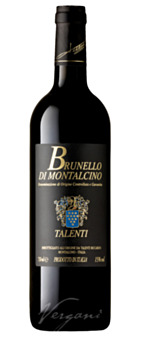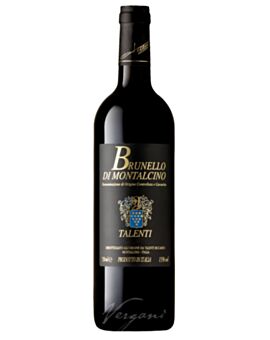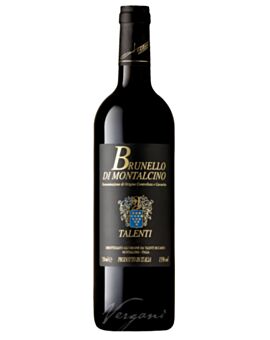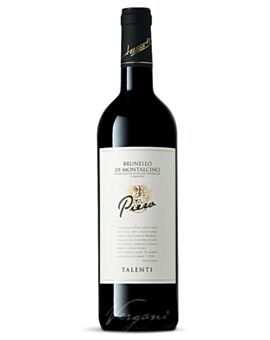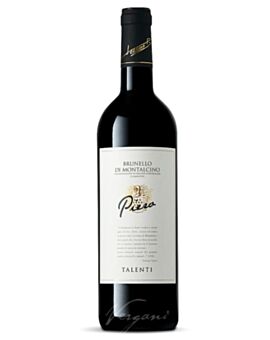Brunello


Brunello DOCG
Brunello di Montalcino DOCG is a true Tuscan, famous and infamous, it comes inseparably from the small town of Montalcino. Actually a small, sleepy village in Tuscany, picturesquely situated on a hill between Florence and Rome.
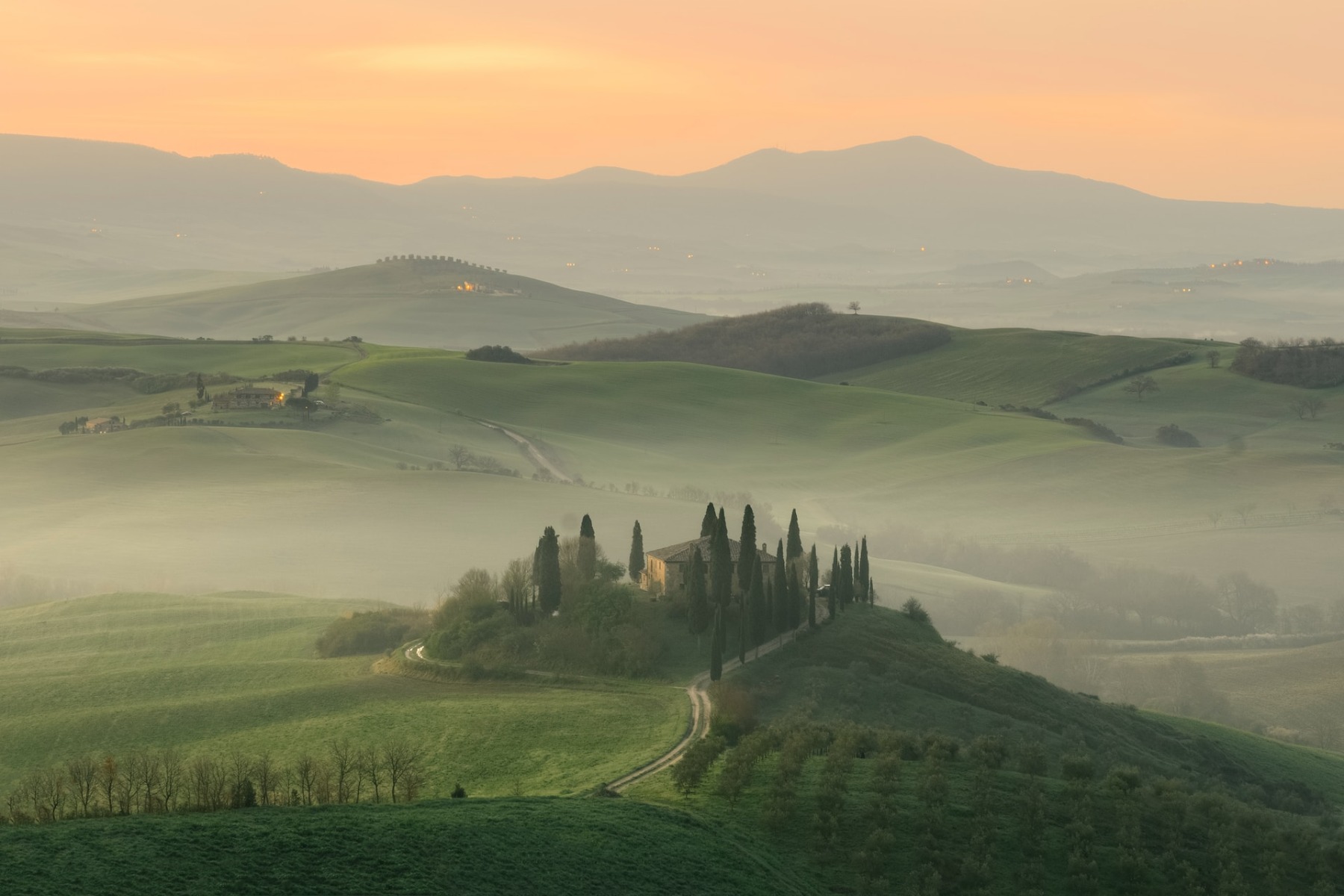
It is what it is. Brunello di Montalcino is one of the great wines of the world and is part of the triumvirate, three great B's of Italy: Brunello, Barolo and Barbaresco, where a great vintage can last several decades in a good kelelr. It, the Tuscan among the three, is pressed from a variety of the Sangiovese grape, the Sangiovese Grosso or just called Brunello. The red wine must then mature for at least two years in oak barrels and another six months in the bottle, as required by the restrictive regulations of the Consorzio del Vino Brunello di Montalcino. A Brunello may be sold only from January 1 in the fifth year after the harvest. In 1966, the small area was among the first eight in Italy to receive the status of Denominazione di origine controllata and in 1980 they were even the first area with DOCG status. The long aging period, however, rewards it with magnificent ruby red, intense wines, the first thing that tickles the nose is the intense smell. Brunellos caress the palate warm and tart, but harmonious and - of course due to their long barrel aging - tannic.
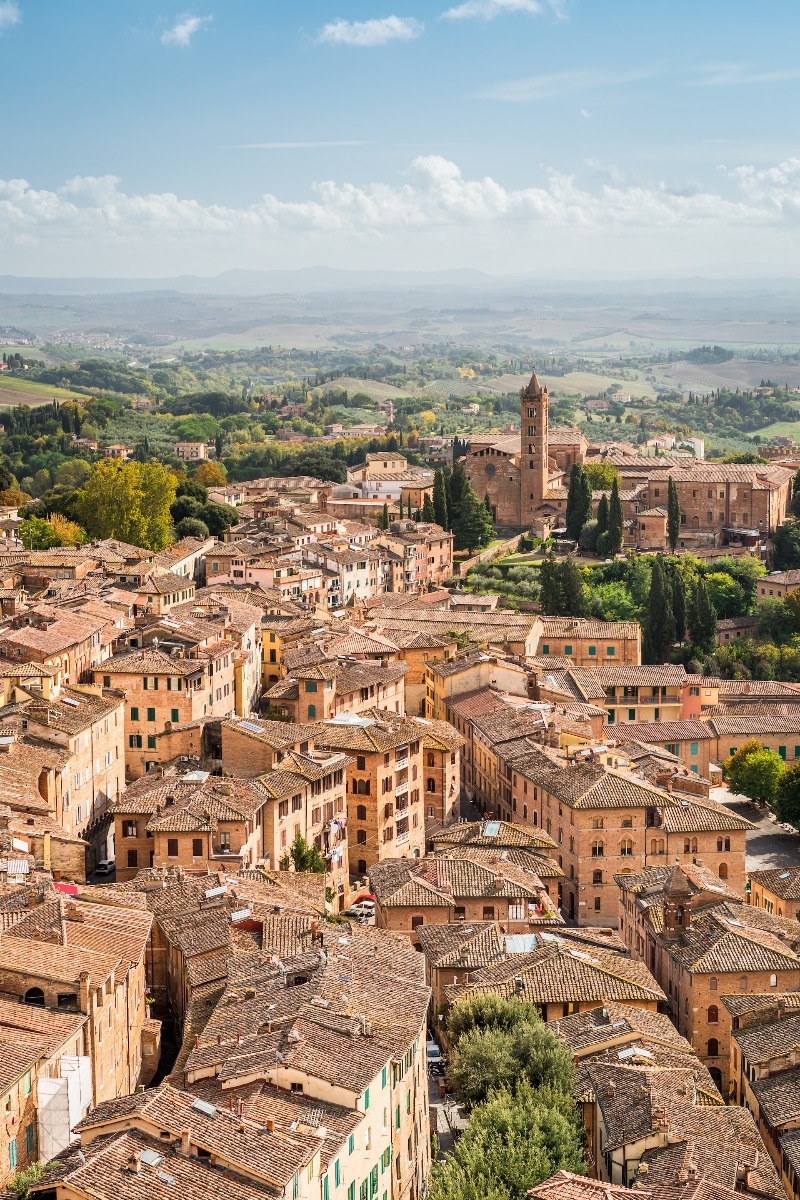
More recently, Brunello has been in the headlines because of the strict regulations; the wine scandal, the so-called Brunellogate of 2008, made waves and led to a temporary ban on imports to the USA. In line with Vinitaly, the media spread rumors that some of the producers had violated varietal purity and added international grape varieties. Little could be proven, but the damage to the image of the red wine from Tuscany was great. Some renowned producers insisted on a relaxation of the requirement for varietal purity, arguing on competitive grounds. But the Consorzio remained firm: with a large majority it decided to hold on to the varietal purity and thus to the uniqueness of the wine and went against the trend of using international grape varieties for a rather meanly pleasing, international and polished wine, as other regions in Tuscany (Bolgheri or Chianti Classico DOCG) have long allowed. As is so often the case, the scandal also had its good side. However, in order to give the winegrowers in Montalcino more creative freedom, the Sant'Antimo category was created in addition to Brunello and Rosso di Montalcino, which also allows non-resident grape varieties such as Cabernet Sauvignon. This has created space for new, modern wines, for those who like it.

